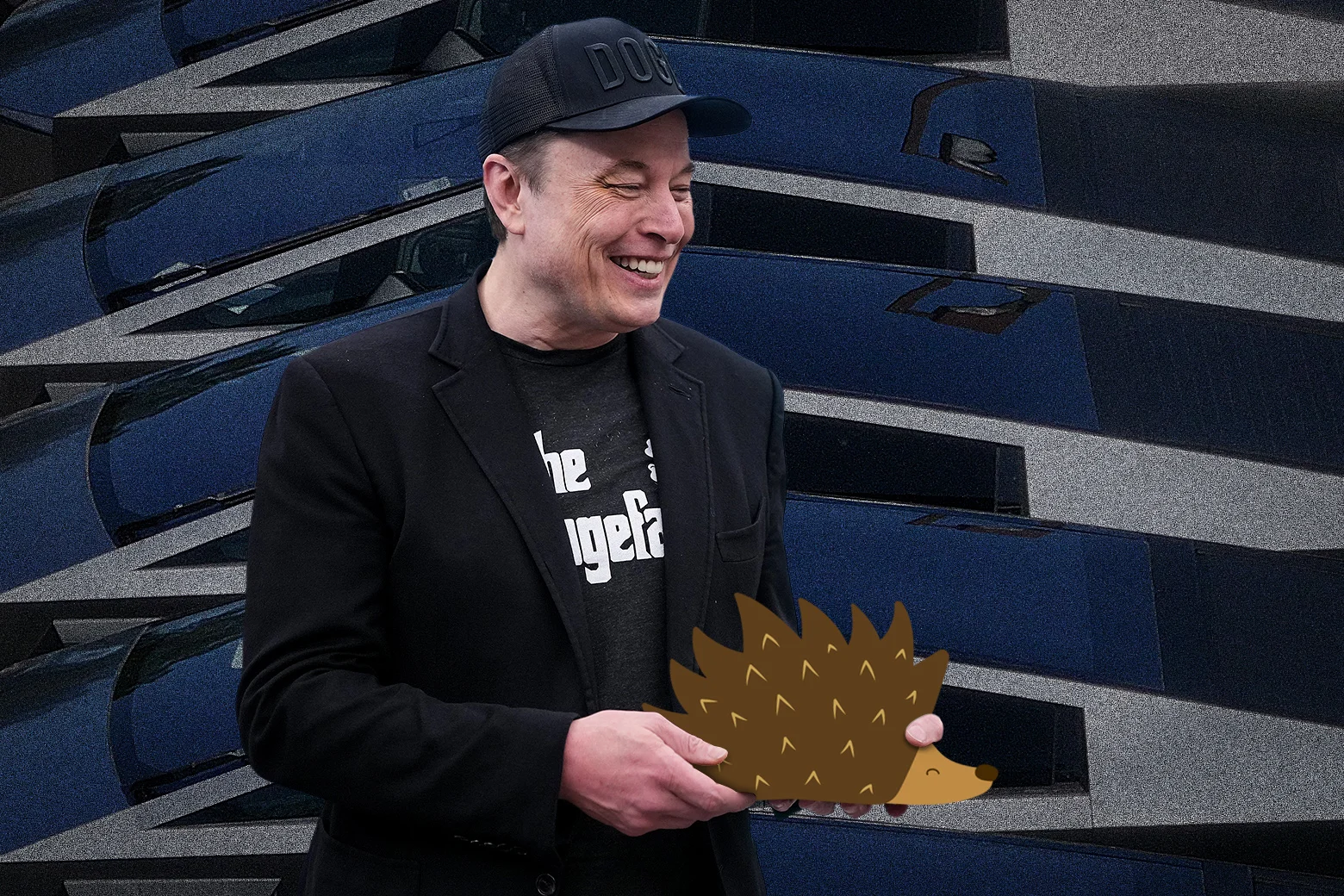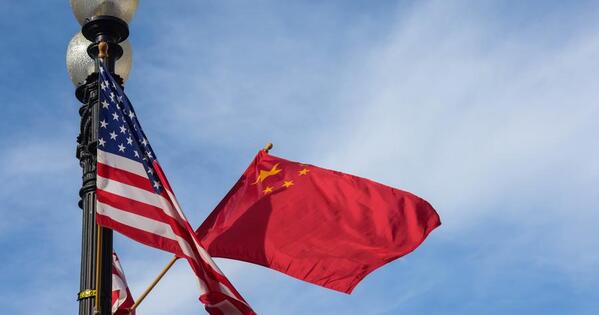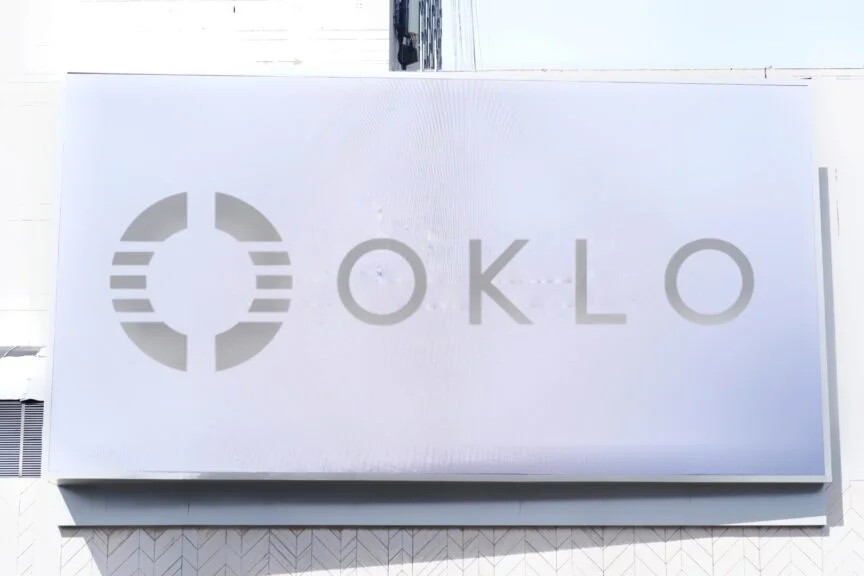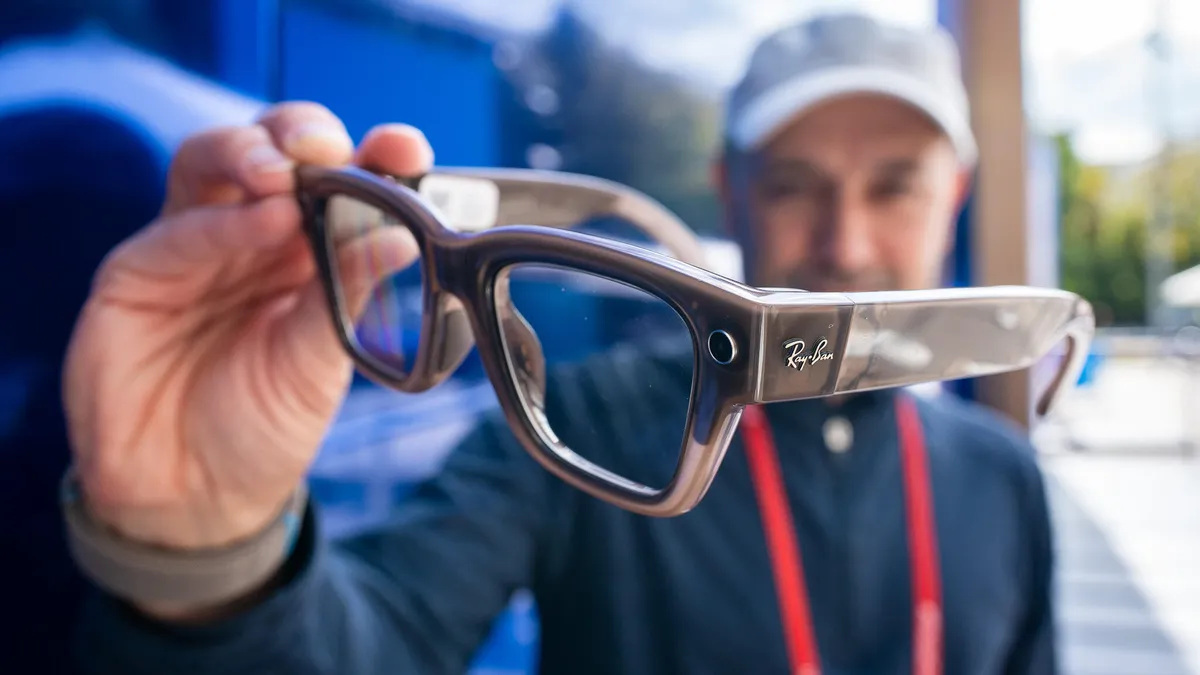
Sign up for the Slatest to get the most insightful analysis, criticism, and advice out there, delivered to your inbox daily.
I spent a few mornings of my summer standing in a Santa Monica parking lot surrounded by a small group of Tesla owners. The club (which has been going since 2019) meets every other Saturday morning in the parking lot of a CVS, usually with a complimentary setup of hot coffee and paper cups. Members park their Teslas and congregate in small groups of two or three. Overseeing the gathering is an older woman named Sue Bankalor, who sits with her husband Barry in front of their red 2020 Tesla Model X. She wasn’t always managing the group, she told me. According to Sue, the original founder of the group sold his Tesla recently for a tiny sportscar.
“We still love him,” she said. “He still comes quite often.”
Within this parking lot, and the rest of the Tesla community, there’s this undeniable elephant in the room. Following a year of extreme volatility for Tesla stock, nationwide protests, and Elon Musk’s political ascent, the stigma of the vehicles (and those who own them) has deeply intensified. But even despite the tie of Tesla to the Trump administration and the company’s sales dropping 13.5 percent within the past year, the Tesla fandom is alive and well. The fans who remain are the last ones standing, and they’re the ones gathering in Santa Monica on Saturday mornings—and elsewhere. They haven’t decked their cars out with “I bought this before Elon went crazy” stickers, and quite frankly, they don’t want to. But after a few weeks of interviews, they told me the best place to talk to Tesla fans wasn’t this CVS parking lot. It was X Takeover (formerly called Tesla Takeover), a Tesla convention being hosted in San Clemente, California, in late July. It’s a two-day ordeal—think the Olympics for Tesla fanatics all over the world. I booked my flight the next day.
I would come to realize that the X Takeover event didn’t just bring out the dedicated fans, the Elon lovers and the Sues of the world. It brought people who saw the hordes of crazed support as a money faucet—an opportunity to turn Tesla allegiance into a financial gold mine.
A couple of weeks later, I found myself at the first day of X Takeover, standing under a show of red Tesla-shaped fireworks. The crowd was impressive; rows of specially wrapped Teslas and Cybertrucks alike lined the parking lot. If you found yourself in the very middle, you might think you were in some kind of Tesla megamaze with no clear way out.
There, I met Loki, the founder of HahaYes, a crypto memecoin and the company sponsor of X Takeover. The “haha yes” meme depicts a cute hedgehog, and is often used by Musk on Tesla branding. The company’s team refers to the token as a memecoin, a term synonymous with crypto projects that have found value in their ability to cultivate a cultlike investing fervor within their community. Perhaps the most infamous example is Dogecoin, a popular cryptocurrency launched back in 2013. In 2020, Elon Musk tweeted “One word: Doge.” His tweet alone sent the coin’s value up 20 percent.
“With Doge being Elon’s favorite meme, it used to be the meme darling,” Loki said. “Now it’s politically tainted.”
For Loki, promotion of the cryptocurrency at an event like X Takeover is incredibly beneficial, especially after the downfall of Doge. It presents an opportunity to place HahaYes directly in front of Musk’s eyes and give him a chance to endorse his potential new favorite memecoin.
According to the founder, the negative connotation of DOGE with the Department of Government Efficiency, along with the fracture within the Tesla community, is what he described as the “perfect window” for HahaYes. He wants to introduce concepts like rizzing, where Tesla owners hand out and collect miniature hedgehog figurines from one another. A HahaYes volunteer, Nick, added that they want to create a “symbiotic” relationship between Tesla and their cryptocurrency. When I asked Nick if he owned a Tesla himself, he hesitated.
“Maybe,” he answered. “My family does. I want to get one, but I don’t have one currently, no.”
At the end of our conversation, Loki told me he had a special surprise for Elon that he was going to show the next day—but he wouldn’t tell me the specifics. “What do you give someone that has everything in the world?” he asked. “You give them an experience.”
That next day, I watched as people lined up to take a photo with a cardboard cutout of Musk, crowded around the “Tesla influencers” tent, and set up camp in front of the stage—where Musk was set to Zoom in later that day. I found myself drawn to the HahaYes booth, which this time had a hedgehog-covered Cybertruck and a never-ending slew of their own merchandise. I eyed lines of X Takeover-goers flocking around the booth, purchasing T-shirts and taking adorable hedgehog stickers.
While I couldn’t find Loki (he was speaking on stage dressed in a hedgehog costume), I was able to find a guy named Daniel, who would only give me his first name. As he stood behind the booth in a HahaYes T-shirt, he told me he likes the way Elon Musk doesn’t sugarcoat things and that he “can’t be bought from the deep state.” Like the rest, Daniel said his goal is to unite the Tesla community, and he believes the memecoin can do that. At that point, I asked one of the guys standing next to Daniel if he owned a Tesla. But like Nick, he didn’t. Neither did the guy sitting next to him. In fact, Daniel was the only one in the whole booth who said he has one. The irony here is fairly evident. This alleged passion for mending the fractured Tesla community has never been about creating camaraderie—it’s about reaping potential financial gain.
At that point, I asked him the obvious question: “Why improve Tesla’s community when you don’t even own one?”
Daniel didn’t give a clear answer. He said he cares about innovation, technology, and Musk’s image. According to him, the coin is a vehicle that could allow people within the Tesla community to one day be able to afford one of their vehicles.
“People coming together, they’re gonna see Teslas lined up here,” he said. “As we represent that, and show them that they can own one through the cryptocurrency as it grows.”
Back in late July, at the convention, Elon Musk had not acknowledged their memecoin. But the HahaYes team was optimistic. On their website, they refer to “proof of rizz,” where they analyze various “signs” that Musk is acknowledging their company—like he once did with Dogecoin.
“Is Elon secretly trying to convey how important Rizo the hedgehog is to him?” one part reads. “Elon has been quietly dropping hints as to why he believes Rizo is one of THE most important characters.” Another section allows you to create your own digital hedgehog avatar. “We believe every cult-like community needs a face!” it says. Like any kind of fandom, HahaYes dissects each and every seemingly meaningless Musk tweet, searching desperately for hidden meaning to a point of near-delusion. But unlike Dogecoin, a Musk endorsement of HahaYes doesn’t exist. Elon Musk has never publicly acknowledged HahaYes.
I asked Daniel what will happen if this recognition never comes. “It’s a matter of time,” he said. “Think about it, if we’re partnered with the biggest community of Tesla and they’re sharing it everywhere, what do you think is going to happen?”
At the end of the day, Elon Musk Zoomed in for his Q&A, his face blown up wide on the big screen. As his call came to a close, Loki nervously darted onto the main stage, holding a box. The HahaYes founder addressed Musk directly, with a devoted five-minute speech that he read off his phone. He thanked him for making clean energy “cool” and bringing electric cars back from the dead.
“You stopped running your empire to work for the U.S. government, for free,” he said. “And how were you thanked? You were betrayed.”
The box turned out to be full of written letters—each from someone testifying how Musk has changed their life. Upon receiving this gift, Musk nodded along with an expressionless thank you. Someone from the crowd shouted “We love you, Elon!” and he awkwardly replied that he loved them too. But despite this praise, and despite this grand gesture from the HahaYes founder, Musk has yet to acknowledge the HahaYes coin. Instead, the coin’s website continues to feature A.I. versions of Musk giving endorsements to the memecoin—but none of it is real. It’s a sentiment that’s oddly symbolic for a company that claims to so badly want to unite the Tesla community, without ever really being a part of it at all.
The whole exchange took me back to when Loki and I first spoke, when I asked him if a hedgehog meme was enough to make people love Tesla again.
“I personally think that people have short-term memories,” he said. “As soon as Elon does something really awesome again, people will forget.”



